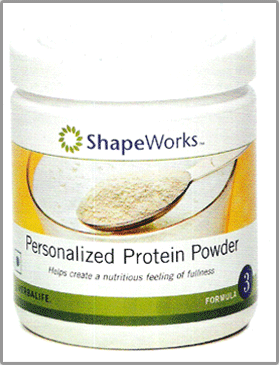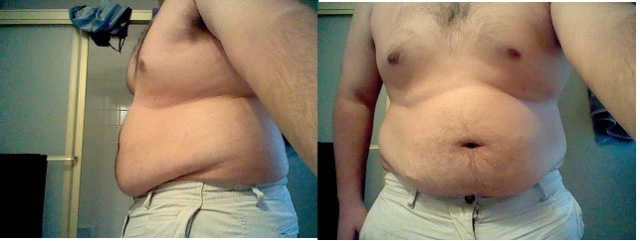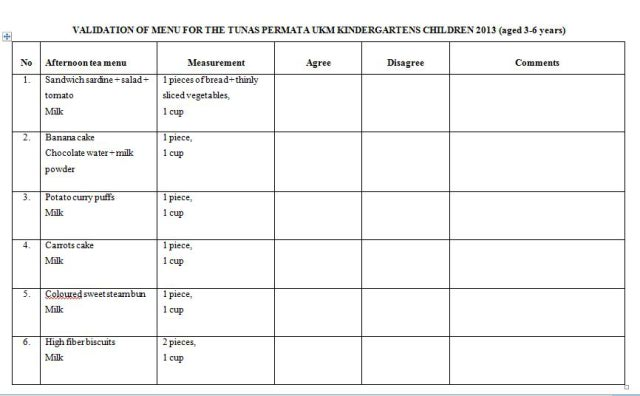magnesium supplement
Question
Hello, Over the last two months I've been taking a Pharmeceutical grade vitamin for women over 40 years (I'm perimenopausal). The magnesium is 585 mg in the vitamins. I was having bowel movements quite frequently and was feeling like I was losing weight so then I decrease the mag/cal pill to just one a day which would equal approx. 300 mg of magnesium a day and I still have immediate bowel movements in the morning. I did change my diet and increase meat to everyday. I barely eat any fiber so I am quite perplexed about why I am going so easily and immediately in the a.m. My body was never like that before these vitamins (I had constipation then loose stools). Can 300 mg of magnesium (pharmeceutical grade) after your bowel movements? Sorry about the question but I really would like to continue taking vitamins to help with my perimenopausal symptoms but I'm wondering if I'm getting all the nutrition I need since my bowel movements have changed so much. Holly
Hi Holly,
I would suggest that you stop taking your supplement and see how your body reacts, if your elimination becomes normal again. This should be visible in a very short time. If you return to normal then you can decide how to proceed.
If you are eating plenty of vegetables, especially dark green leafy vegetables you will get some magnesium. Nuts (almonds, pecans, and brazil nuts) and seeds, legumes, and soy also contain magnesium. Seafood is also a good source of magnesium. Whole grains such as brown rice and millet are also good sources. The average person receives about 250 mg per day through their diet, if, they eat the right foods and they do not live in an area where magnesium may be deficient in the soil (of course we often eat foods that are not local today).
Unfortunately sometimes taking the right supplement can be trial and error. A calcium supplement is important. Be sure that you choose one with boron, magnesium, and vitamins C & D as well as calcium as they all work together to get calcium into your system. Other supplements for menopause include:
400-800 IUs of vitamin E- use a product that contains mixed tocopherols with mainly gamma-tocopherol.
300 mg of gamma-oryzanol (from rice bran oil) has been shown to aid in relieving hot flashes.
1200 mg vitamin C with 900 mg hesperidin may help also.
And as you already know calcium is also important.
Why do avoid fiber? Fiber is an important part of your daily diet when it comes from whole foods. Insoluble fiber will form bulk in your intestines and with plenty of water can help you stay regular. Soluble fiber is very important in controlling cholesterol, and keeping your digestive tract operating smoothly. Milled flax seed can provide you with fiber and essential fatty acids which are needed for healthy hormone function (use 1-3 tbs per day over cereal, yogurt or in juice shakes). It is important that you stay regular, eliminating at least once each day, two or three times is even better. Eating a healthy diet and staying active are an important part of maintaining healthy digestion.
Using soy in your diet may also help menopausal symptoms by providing phytoestrogens. Use tofu or edamame (soy) beans, these beans are really quit good and are similar to lima beans in flavor but not as soft. Avoid supplements with isolated soy proteins as some conflicting research exists in their long term safety in some people.
Hope this gives you a little start...
Hi Holly,
Thank you for your kind comment. After reading your response and your symptoms I wanted to add that you should see your doctor; heart palpitations may indicate more than diarrhea, dehydration or premenipausal symptoms!
- Prev:Nutrisystem
- Next:Is the diet pills NV safe
Related Articles
-
Dark chocolate: benefits and calories
QuestionIs there a supplement that one can take that gives you th
-
Running and Nutrition
QuestionHi Kimberly, Im a 24 year old male, approx 56 and approx
-
Weight Loss & Getting Psyched Up To Eat Healthy
QuestionIm getting myself geared up to attempt, yet again, to dro
-
Nuts and nutrients
QuestionI heard that to get the most out of almonds, peanuts, etc
-
weight/proportion
Question front side stomach My measurements are wais
-
Mass weight gain diet
QuestionHello Phil i had some questions regarding weight gain die




